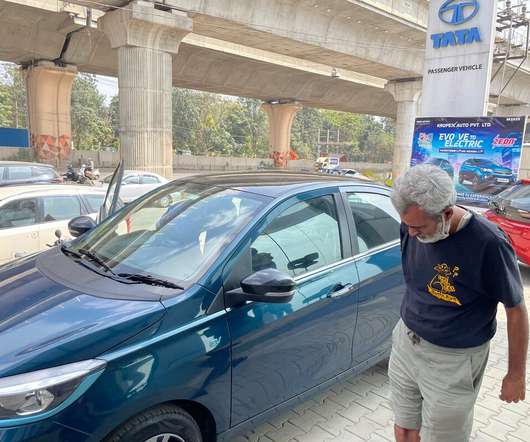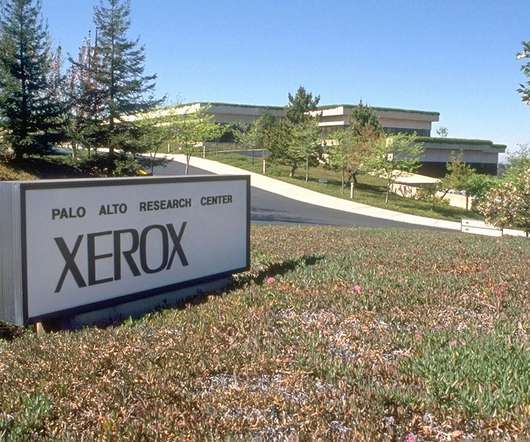Wired blogger takes on Nissan LEAF
Plugs and Cars
JANUARY 25, 2010
Darryl Siry blogs over at Wired's Autopia. He's pretty plugged in, having worked at Tesla and consulted for CODA. Tags: carlos ghosn toyota rav4 ev GM honda ev+ chevy volt nissan leaf. He's a bit surprised, as are all of us, that Nissan has emerged as the first big automaker to manufacture a mass-produced electric car.













Let's personalize your content